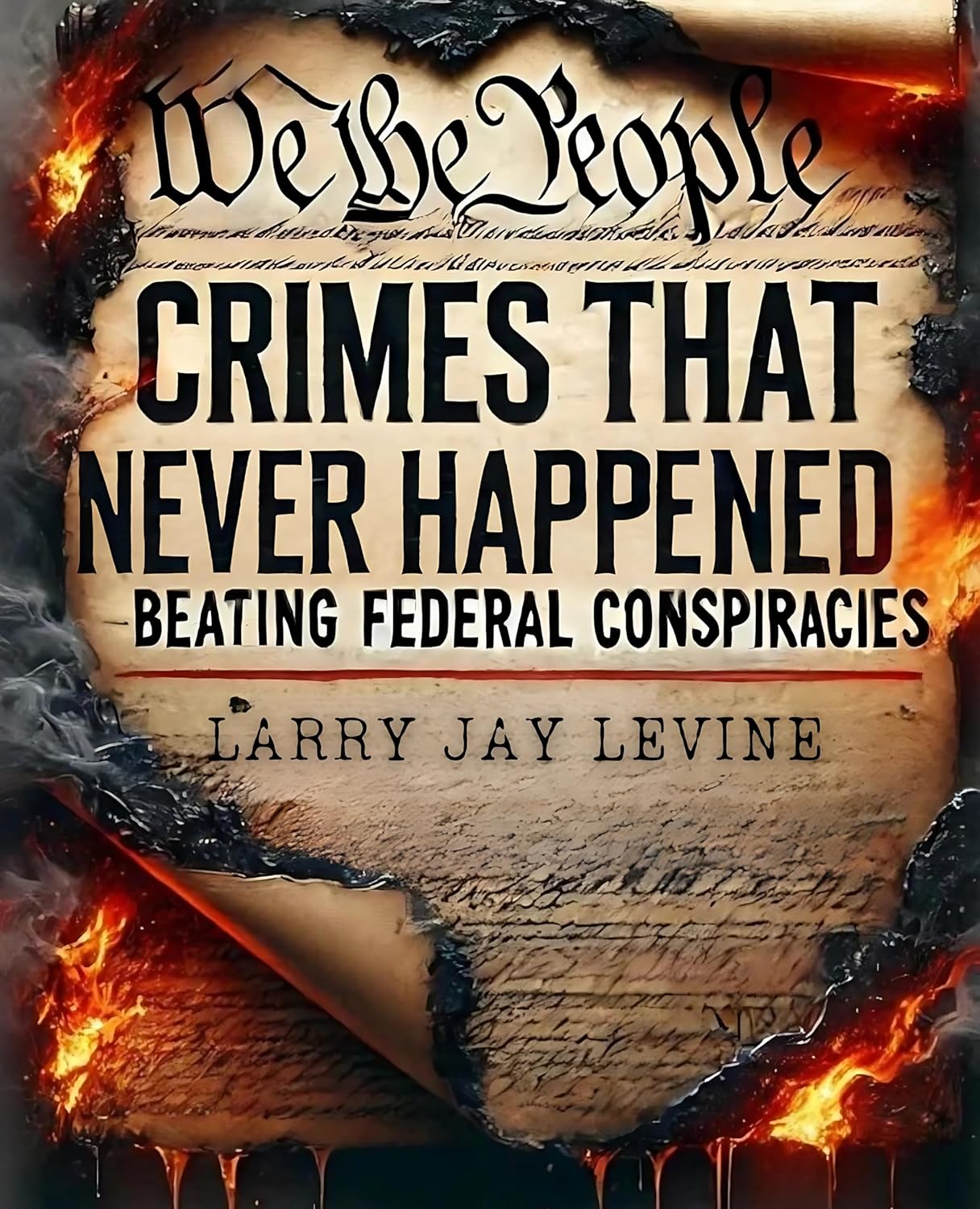What Is the Crime of Embezzlement
Embezzlement is a white-collar federal crime defined under 18 U.S.C. § 641 (for federal property) and various other statutes depending on the nature of the offense. It occurs when someone who is entrusted with the management or control of money or property fraudulently misappropriates it for personal gain.
Unlike theft, embezzlement involves a breach of trust—where the perpetrator legally had access to the assets but used them unlawfully.
This crime can occur in corporate settings, government agencies, non-profits, and even small businesses, making it a common focus for both federal and state prosecutors.
Facing Embezzlement Charges
Embezzlement charges can destroy your career, reputation, and freedom. Federal prosecutors have a conviction rate of over 90%, and embezzlement cases often come with harsh penalties—especially when large sums or public funds are involved.
That’s where White Collar Advisory Group steps in.
How White Collar Advisory Group Can Help You
That’s where White Collar Advisory Group comes in. We prepare criminal defendants in dealing with the federal court system and while attorneys focuses on courtroom strategy, we focus on protecting your future by preparing you for the realities of federal prosecution and federal prison life.
Our services go beyond legal defense—we focus on what comes next:
- Sentencing Preparation: Learn how to present yourself effectively to mitigate sentencing outcomes, including strategies for the Presentence Investigation Report (PSR).
- Prison Consulting: Guidance on navigating the federal prison system, from security classifications to daily survival strategies.
- Sentence Reduction Strategies: Advice on qualifying for programs like RDAP, compassionate release, and sentence mitigation tactics.
- Post-Conviction Support: Assistance with halfway house placement, supervised release, and reentry strategies after prison.
We’ve helped countless clients navigate the federal system, and we’re ready to help you.
Contact Us Now
📧 Email: help@whitecollaradvisorygroup.com
📞 Phone: 480-745-2000`
Self Help Books by Larry Levine
 |
 |
Common Types of Embezzlement Include:
- Payroll Embezzlement: Falsifying payroll records, creating ghost employees, or manipulating timesheets to divert funds.
- Corporate Embezzlement: Executives or employees siphoning company funds through fake invoices, unauthorized transactions, or expense reimbursement fraud.
- Government Embezzlement: Misappropriation of public funds by officials, contractors, or employees within government programs.
- Non-Profit Fraud: Diverting charitable donations or grants for personal use.
- Ponzi and Investment Schemes: Using investor funds for personal expenses under the guise of legitimate business operations.
How Federal Authorities Investigate Embezzlement
Embezzlement investigations are typically handled by federal agencies such as the FBI, the IRS-Criminal Investigation Division, and the Department of Justice (DOJ)—especially when the crime involves federal funds, crosses state lines, or impacts large corporations.
Key Components of Federal Investigations:
- Financial Forensics: Analyzing bank statements, accounting records, and transaction histories to trace missing funds.
- Audit Trails: Reviewing internal company audits, tax filings, and financial reports for discrepancies.
- Subpoenaed Records: Gathering emails, contracts, and digital files that could reveal fraudulent activities.
- Surveillance: Monitoring communications or business activities when ongoing embezzlement is suspected.
- Witness Interviews: Including coworkers, auditors, business partners, and financial officers to establish patterns of misconduct.
Federal prosecutors rely heavily on paper trails and forensic accounting to prove misappropriation and intent to defraud.
Common Defense Strategies for Embezzlement Charges
Despite the aggressive nature of federal prosecutions, several defense strategies can be effective in embezzlement cases:
- Lack of Intent: Proving that the defendant did not knowingly or willfully misappropriate the funds (e.g., accounting errors or misunderstandings).
- Mistaken Identity: In cases where multiple individuals had access to the assets, establishing that someone else committed the fraud.
- Insufficient Evidence: Challenging the prosecution’s ability to directly link the defendant to missing funds or fraudulent transactions.
- Authorization Defense: Arguing that the defendant had legal authority to manage or distribute the funds in the way they did.
- Duress or Coercion: In rare cases, showing that the defendant was forced to commit the crime under threat.
An effective defense relies on early case intervention, detailed forensic analysis, and strategic legal arguments.
Penalties & Federal Sentencing for Embezzlement
Embezzlement carries severe penalties under federal law, with sentences influenced by the amount of money involved, the defendant’s role, and whether the crime impacted public funds.
Potential Penalties Include:
- Up to 10 years in federal prison (or more if aggravating factors apply).
- Fines up to $250,000 for individuals (or higher if the embezzlement involves government property or public funds).
- Mandatory restitution to repay stolen funds.
- Asset Forfeiture: Seizure of assets purchased with embezzled money.
Sentencing Enhancements Apply If:
- The embezzlement involved large-scale financial losses (typically over $1 million).
- The defendant abused a position of trust, such as a corporate officer, fiduciary, or government employee.
- The crime involved sophisticated means, like layered transactions or offshore accounts to conceal the theft.
- Multiple victims or organizations were impacted.
Sentencing follows the U.S. Sentencing Guidelines, which consider factors like financial loss, abuse of trust, and the defendant’s prior criminal history.
Frequently Asked Questions About Embezzlement
What’s the difference between embezzlement and theft?
Embezzlement involves the misappropriation of funds by someone who was legally entrusted with them. Theft typically involves unlawfully taking property without prior authorization or access.
Can I be charged with embezzlement if I intended to pay the money back?
Yes. The crime focuses on the misappropriation of funds, regardless of whether repayment was intended or eventually made.
Is embezzlement always a federal crime?
Not always. Embezzlement can be prosecuted at the state level, but if it involves federal funds, crosses state lines, or impacts government programs, it becomes a federal offense.
Does cooperating with federal prosecutors reduce my sentence?
Cooperation may lead to reduced sentencing, but it comes with legal risks. Always consult an experienced attorney before agreeing to cooperate.

